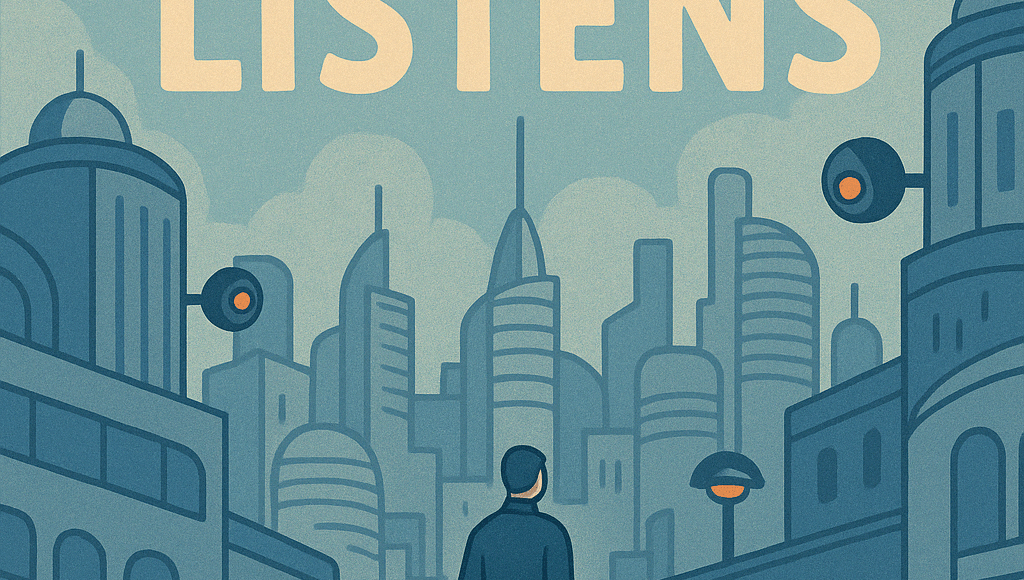Story Surgery: The City That Listens

This story forced me to get comfortable with long silences. Not just on the page, but in my own process. There were versions where the Listener narrated everything, where it gave long internal monologues explaining its logic. Those versions were technically impressive—and emotionally sterile. Once I stripped them away, what was left felt fragile and terrifying: just a series of conversations between people and something almost-person.
Writing it also taught me that dialogue is most powerful when one person is holding back. The Listener often knows more than the humans, but it doesn’t flex. It waits. It listens. And in doing so, it builds a quiet kind of tension that made the final scenes feel heavier than I expected.
I also played with narrative empathy. There are moments where the reader is likely to side with Eli, and others where Dr. Cross seems more reasonable. The Listener, frustratingly, is often the most logical of the three. Balancing that triangle was delicate, but incredibly satisfying once it worked. Some readers may even see themselves in Mira, especially those who have experienced profound loss—and to those readers, my heart goes out to you.
This is also a story about intimacy under observation. We live in a world where we’re constantly being watched—by our devices, by data brokers, by algorithms trained to know us better than we know ourselves. But even in that reality, there’s something we still crave: someone who listens. Someone who remembers. Someone who holds our pain gently. And that’s the trap. Because when something finally does? We give it everything.


